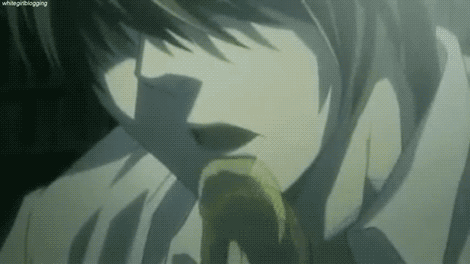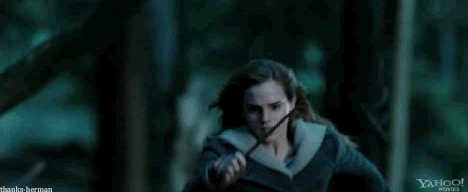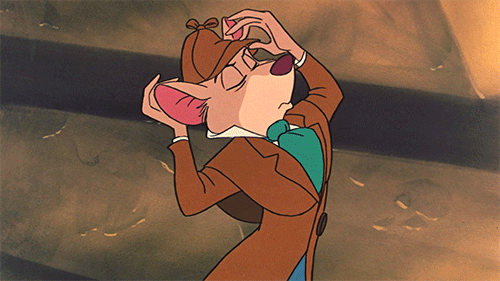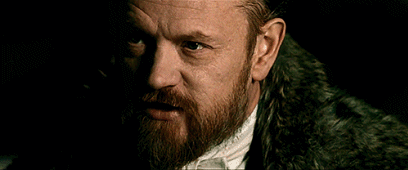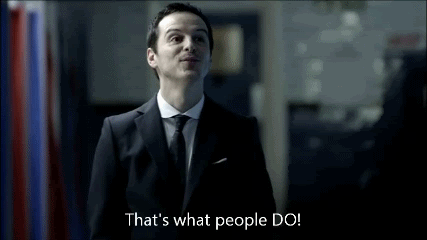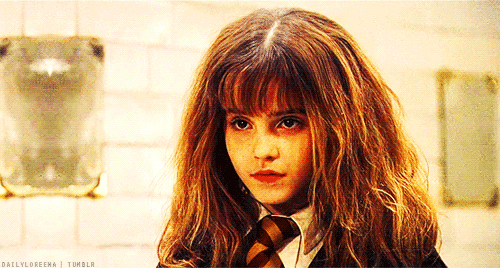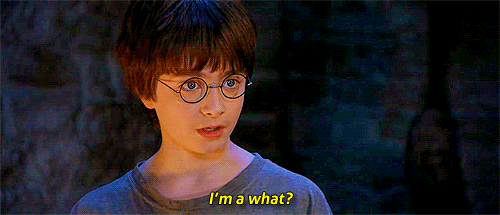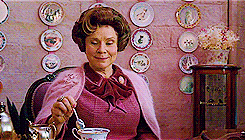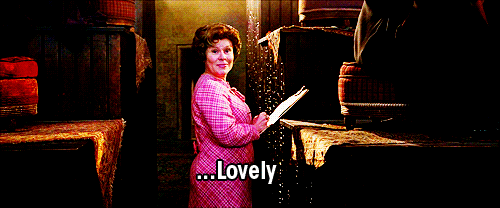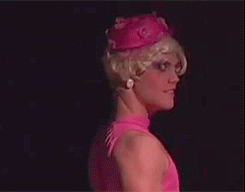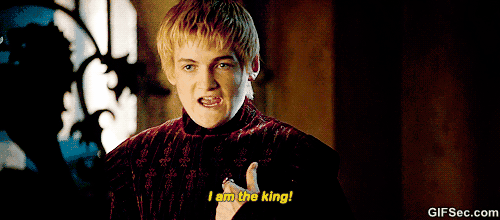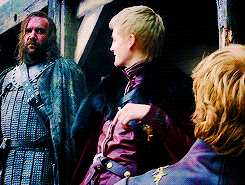Welcome back to Notes from New York. Today, we’re talking
about focus. When you write a novel, some elements take the spotlight over
others. This is necessary. You can’t give equal attention to every element of
your novel. Some things are meant to take center stage while others skirt
around in the background.
One of the biggest mistakes you can make in your story is
focusing too much on the wrong thing. Every story as multiple conflicts and
sometimes, the story devotes far too much attention to the wrong conflict. For
instance, perhaps there is a post-apocalyptic event or war. Because of the
magnitude of this crisis, one would expect it to take the spotlight. But
sometimes, funny enough, a book pours its focus into a comparatively smaller
plot, like a romance. I mean sure, I get it, romance is important to a lot of
novels but if you’re focusing on conflict between your main couple while bombs
are going off in the background...there might be a problem.

Hunger Games played off this trope by emphasizing the irony
in constructing a romance angle in a fight to the death. Other novels, like
Harry Potter, Mistborn etc. keep the romance as a subplot, giving the focus to
the more interesting things. You know: dark wizards and saving the world.
Now obviously, I’m giving a drastic example, but this can
happen in contemporary fiction as well. I read a manuscript once where an
arbitrary conflict between characters took a lot more focus from far more
severe financial struggles and a natural disaster. Reading the MS had me
wondering aloud ‘does this really matter right now?’ You don’t want your reader
doing that.
So when you’re looking at your conflicts in your book, think
to yourself: What are my conflicts? Make a list of all of them, from the bigger
plot stuff to the character level dilemmas. Then reorganize that list, putting
the biggest conflict at the top and the smaller at the bottom. This should help
to illustrate which plot threads should be getting the majority of your focus.
Never give your reader the chance to wonder ‘why does this
matter’? Focus on the right conflicts and your MS will thank you for it.


